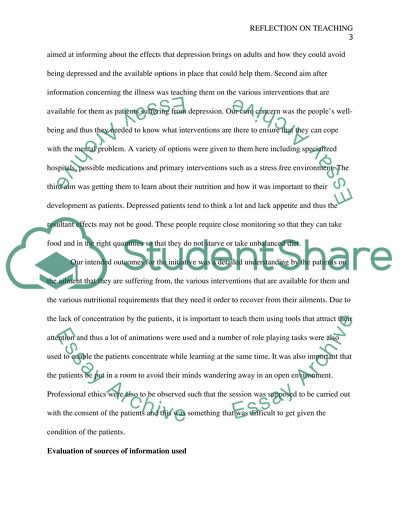Cite this document
(“Reflection on Learning and Teaching Adults with depression Essay”, n.d.)
Reflection on Learning and Teaching Adults with depression Essay. Retrieved from https://studentshare.org/nursing/1451382-write-an-account-of-how-you-implemented-the
Reflection on Learning and Teaching Adults with depression Essay. Retrieved from https://studentshare.org/nursing/1451382-write-an-account-of-how-you-implemented-the
(Reflection on Learning and Teaching Adults With Depression Essay)
Reflection on Learning and Teaching Adults With Depression Essay. https://studentshare.org/nursing/1451382-write-an-account-of-how-you-implemented-the.
Reflection on Learning and Teaching Adults With Depression Essay. https://studentshare.org/nursing/1451382-write-an-account-of-how-you-implemented-the.
“Reflection on Learning and Teaching Adults With Depression Essay”, n.d. https://studentshare.org/nursing/1451382-write-an-account-of-how-you-implemented-the.


